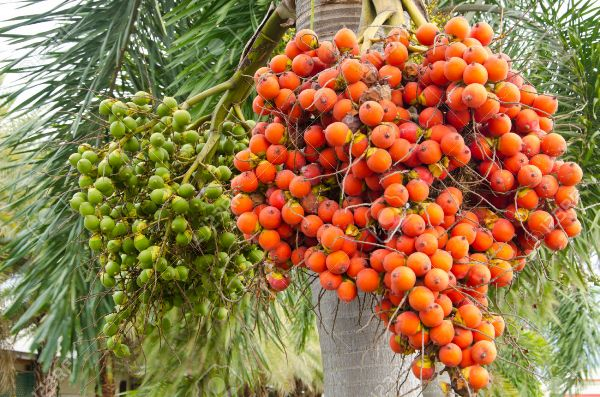Free Courses Sale ends Soon, Get It Now


Free Courses Sale ends Soon, Get It Now



Disclaimer: Copyright infringement not intended.
Context
Analysis Overview
Analysis Process
Results
Quality Assessment and Grading of Tirthahalli Arecanut Variety
Farmer Opinions and Product Quality
Grading Process
Market Value
Chemical Analysis
Conclusion
|
PRACTICE QUESTION Q. Varieties like Nuli, Hasa, Rashi, Bette, and Gorabalu are associated with which of the following agricultural products? A) Sugarcane B) Cotton C) Arecanut D) Betel Leaf |
SOURCE: THE HINDU
© 2024 iasgyan. All right reserved